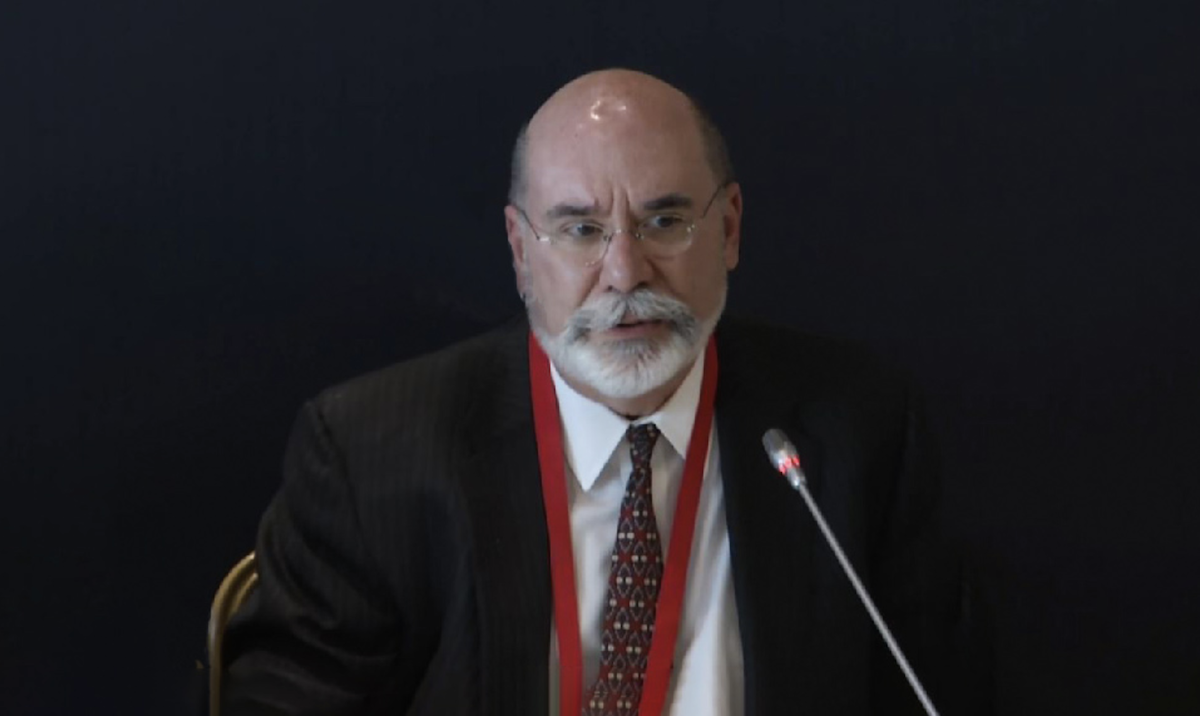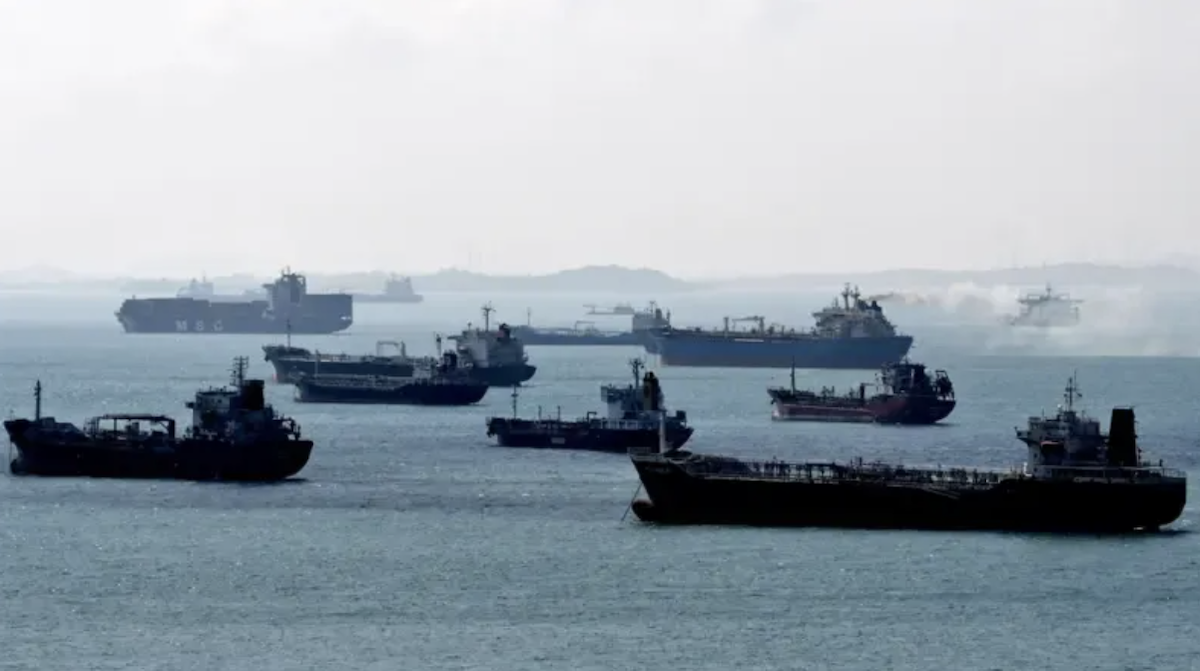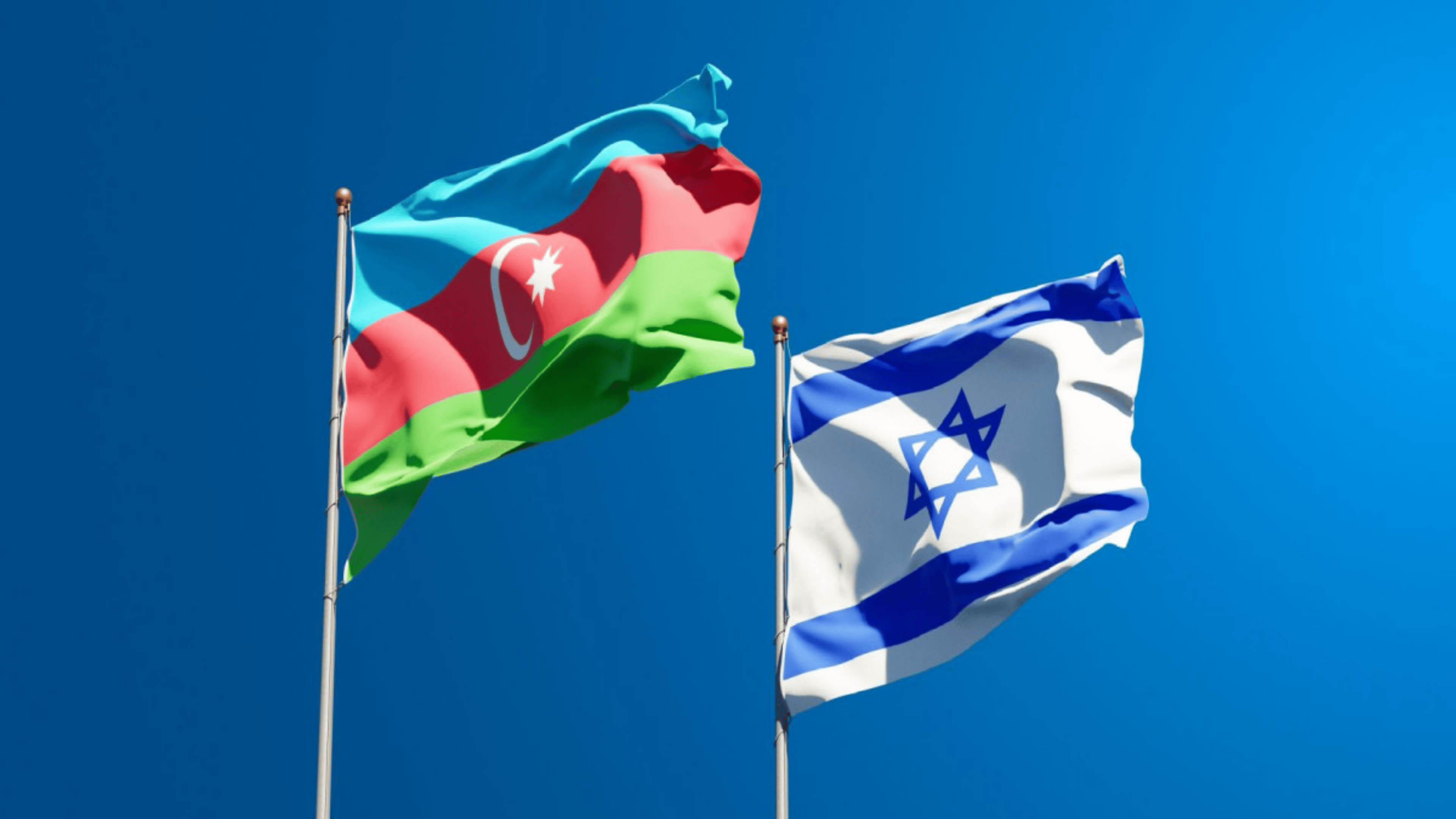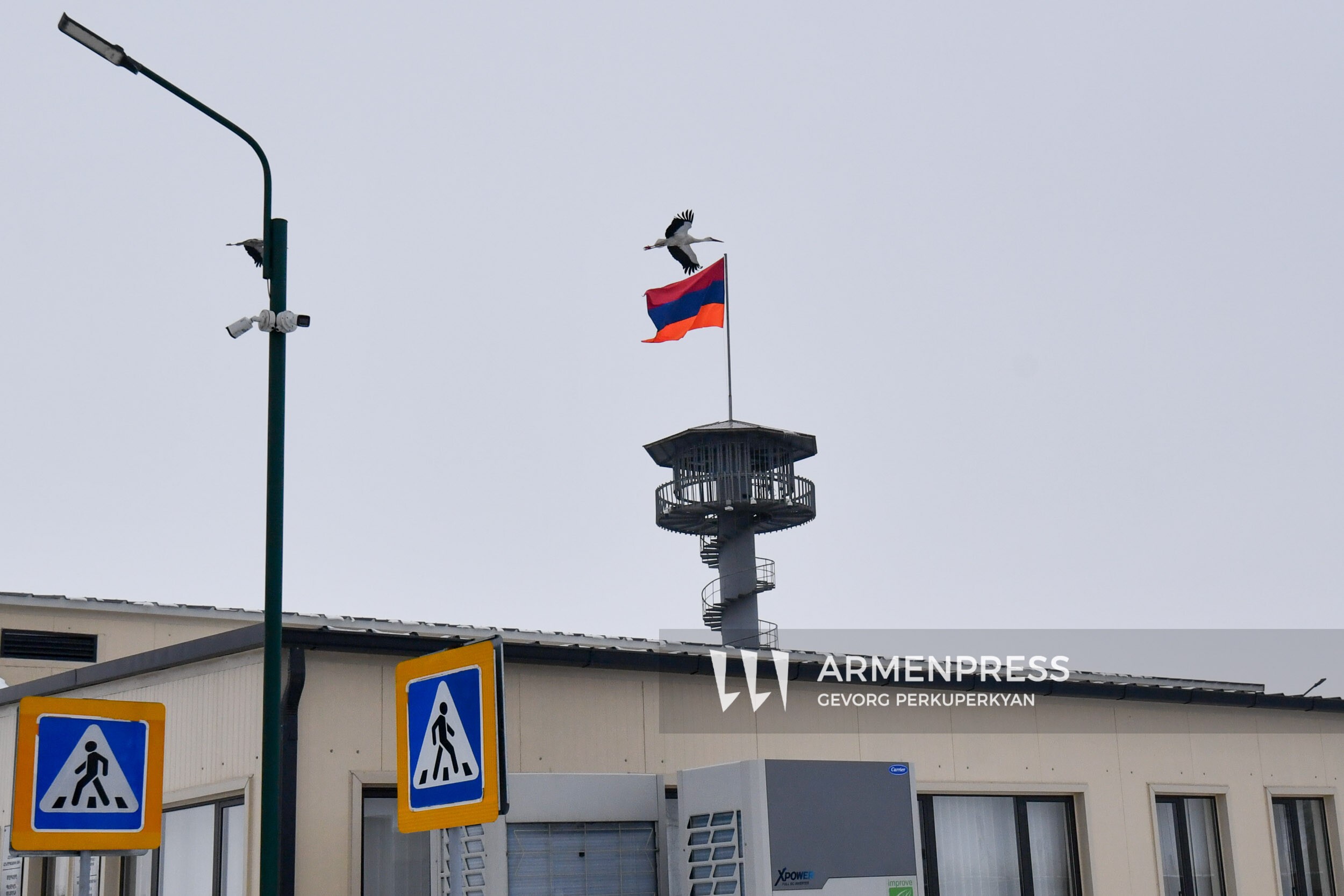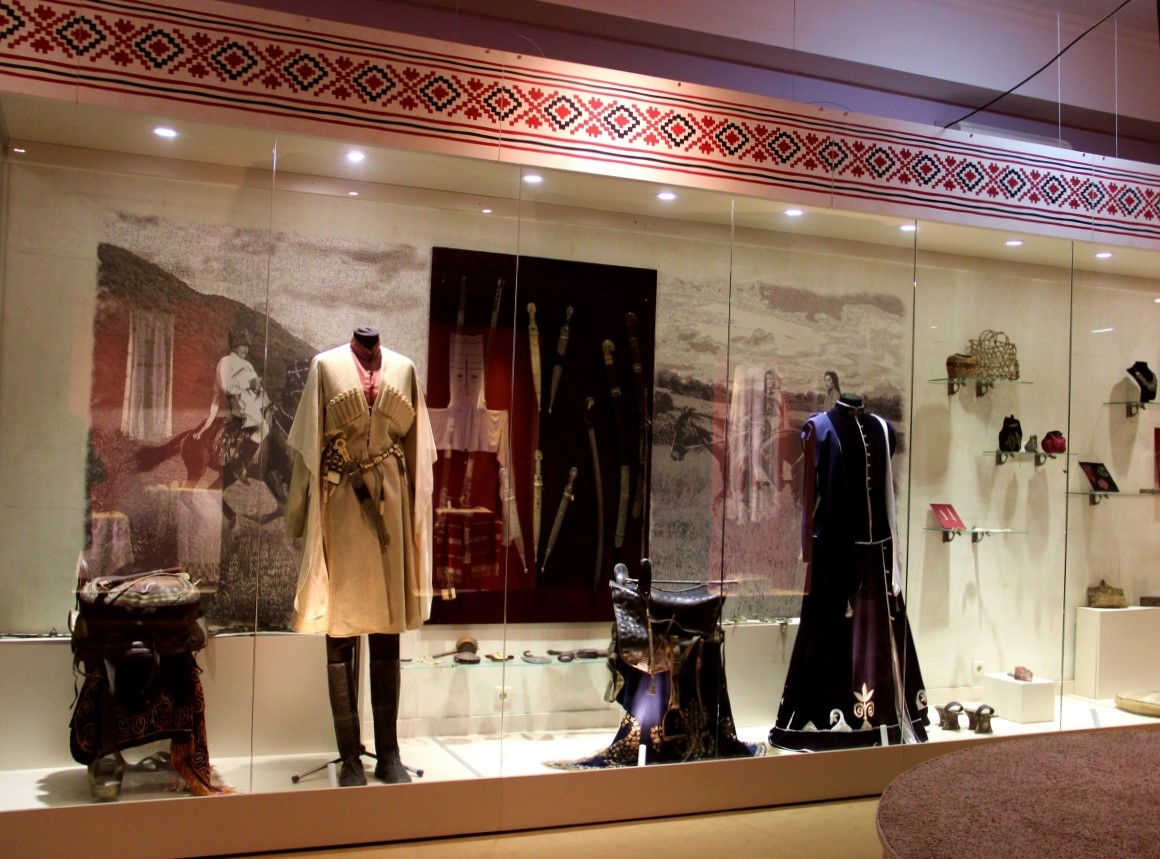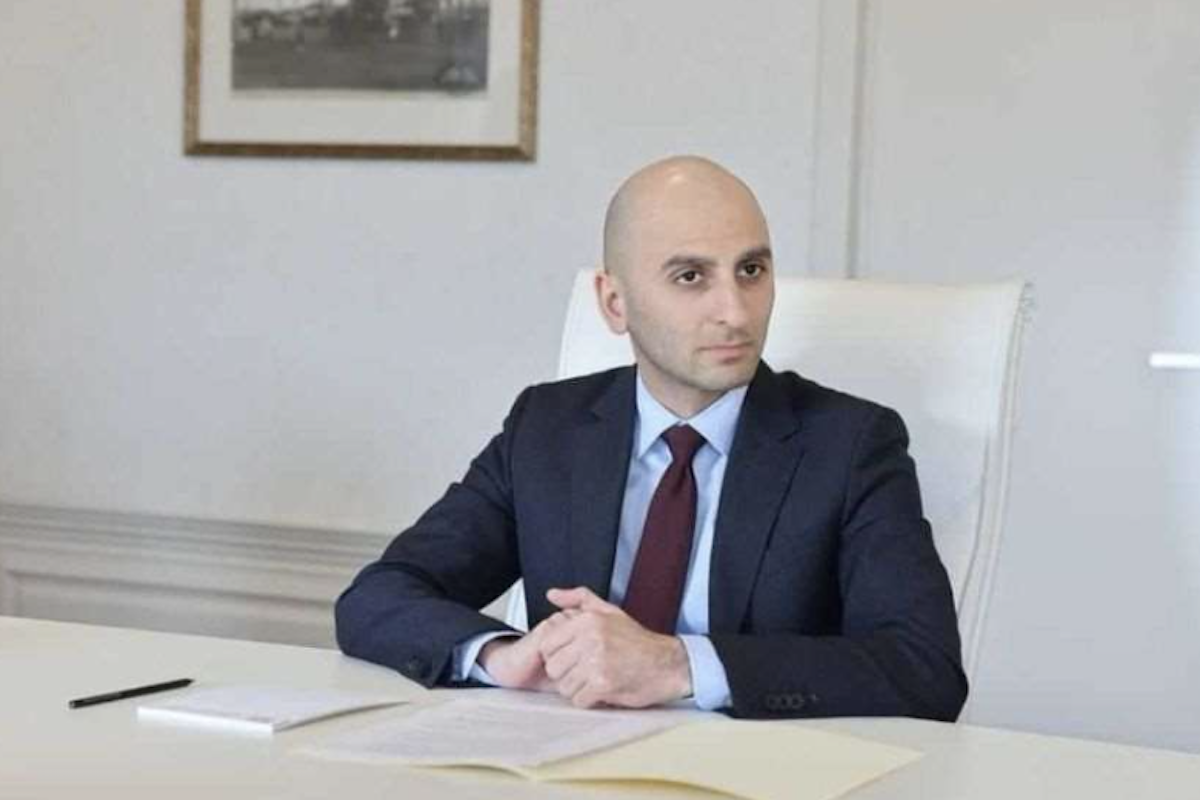"Georgia was a leader in reforms, and now it is in the lagging group." Opinion
Opinion of Zurab Batiashvili on the NATO Summit
In an interview with “Interpressnews,” international politics expert Zurab Batiashvili provided an assessment of the NATO summit taking place in Vilnius. According to him, Georgia, which was once a leader in terms of reforms and Western integration, is now in the most lagging group, and “there is no prospect of anything happening that could lead to a way out of this situation.”
As reported by Frankfurter Allgemeine Zeitung, Georgia’s Prime Minister, Irakli Garibashvili, was not invited to the NATO summit in Vilnius because, by calling NATO one of the main reasons for the war in Ukraine, the Georgian Prime Minister became, as explained to him by the alliance, an “undesirable guest.”
The fact that Georgia is not represented at the NATO summit in Vilnius is referred to as a “symptom” of the relationship between Georgia and NATO, according to the German publication.
As reported by Frankfurter Allgemeine Zeitung, Garibashvili became an “undesirable guest” after his speech at the GLOBSEC Forum in Bratislava, where he referred to NATO and its expansion as “one of the main causes” of the war in Ukraine.
According to the publication, this was a clear repetition of the Russian version of the war in Ukraine.
Zurab Batiashvili: “The Vilnius Summit is truly historic in its essence because it is dedicated to Ukraine. It was stated that Ukraine no longer needs a MAP [Membership Action Plan] for joining the alliance. At the same time, Turkey gave a ‘green light’ for Sweden’s accession there. NATO continues to expand to the east, and this is also important for Georgia.
Regarding the remark made in the communiqué regarding Georgia, it is evident that, unfortunately, Georgia has not made progress and largely repeats the content of similar documents from previous years: ‘NATO continues to support and assist Georgia in terms of territorial integrity, and calls on Russia to withdraw its troops from the occupied territories.’ The note at the end is also interesting: ‘For Georgia to make progress in terms of NATO integration, it must make progress in reforms, including key democratic reforms.’
In reality, this means that Georgia must do its homework, and only then can we talk about actual NATO membership. It is difficult to say how feasible this is under the current government, as it not only fails to carry out reforms but also undermines existing democratic institutions. In any case, the Georgian government is not behaving progressively in this direction.
Georgia and Ukraine have also diverged paths. They diverged in the process of getting closer to the European Union, and now we see the same happening with regards to NATO. This is certainly unfortunate. Georgia, which was once a leader in terms of reforms and Western integration, is now in the most lagging group.
Unfortunately, there is no prospect of anything happening that could lead to a way out of this situation. This is the sad reality that the country’s government has brought upon itself.
Even the fact that Georgia was represented in Vilnius by the Foreign Minister, who serves as a watchdog and nothing more, instead of the Prime Minister or President, speaks volumes about what the Georgian government desires.”
- “The European Commission says we shouldn’t pay attention to the European Parliament”: How Irakli Kobakhidze’s press conference unfolded
- “The EU is disappointed that Georgia does not support sanctions against Russia” – EU Special Representative
- 85% of Georgians support NATO membership – Edison Research
On July 11th, NATO released a communiqué summarizing the outcomes of the first day of the Vilnius Summit, in which it was noted that the alliance “reaffirms the decision made at the Bucharest Summit in 2008 that Georgia will become a member of the alliance – the Membership Action Plan (MAP) is an integral part of the process.”
The communiqué also states:
● To advance Georgia’s Euro-Atlantic aspirations, it must achieve progress in reforms, including key democratic reforms, and make maximum use of the Annual National Program.
● NATO firmly supports Georgia’s right to determine its own future and course of foreign policy without outside interference.
● NATO supports the territorial integrity and sovereignty of Georgia within internationally recognized borders.
● NATO calls on the Russian Federation to withdraw its troops, which it has stationed in Georgia without its consent.
● The alliance also calls on Russia to revoke its recognition of the regions of Georgia – Abkhazia and South Ossetia, cease the militarization of these regions, and halt attempts to establish borders and forcibly separate them from Georgia.










